There’s a buzzword circulating on social media called “gatexiety,” otherwise known as “gate anxiety.”
It’s when travelers continuously check their gate at the airport, even though it’s listed on the airline’s app.
This nonclinical action is advisable, experts say, as checking your departure against airport monitors is a smart move since gates can change at the airport.
But for some travelers, the effects of “gatexiety” go a bit further.
The anxiety is centered around when to arrive at the airport to catch your flight, paired with having anxiety at the gate.
So, should you arrive early as suggested by your airline, or can you saunter to the gate with just 10 minutes to spare? In almost all cases, a very late arrival could be risky.
If anxiety about missing your flight looms large in your mind, there are approaches to help manage these concerns, according to experts.
Here’s a guide on handling your airport experience efficiently and minimizing anxiety while waiting at the gate.
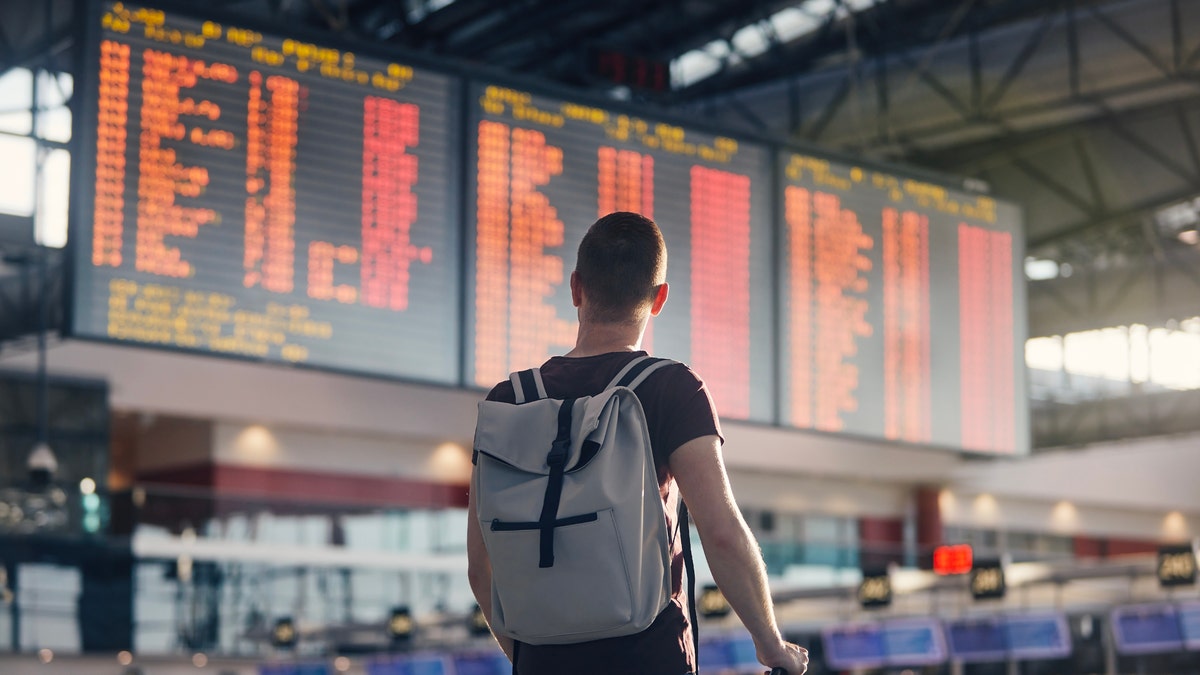
The Phenomenon of Airport ‘Gatexiety’
The term “gatexiety” has recently emerged to encapsulate a growing concern among travelers who find themselves anxious about the fine details of flying. According to travel experts, this unease often manifests in compulsively checking gate information, even when the airline’s app provides updates. This behavior, while instinctual, reflects deeper emotional responses tied to the uncertainties of modern air travel.
Airports have become complex ecosystems that influence a traveler’s state of mind. The bustling terminals and rapidly shifting flight schedules can feel incredibly overwhelming. Interestingly, more than 2.5 million travelers take to the skies daily in the U.S. alone, heightening the stakes of prompt and precise airport navigation.
Understanding Travel Protocol: When to Arrive at the Airport?
Millions of Americans fly every day, making it wise to give oneself ample time for airport arrival. Experts agree that this strategy significantly reduces stress and the chance of missing flights altogether. Interestingly, Jana Tidwell, a spokesperson for AAA Mid-Atlantic in Wilmington, Delaware, suggests arriving at least three hours early for international flights and two hours for domestic ones.
“This usually allows enough time to navigate TSA checkpoints and reach your gate safely,” she advises, underscoring the importance of never underestimating flight changes due to unforeseen circumstances.

For those departing from unfamiliar airports, it’s prudent to extend this time even further to accommodate traffic and route navigation. Travel expert Sally French, based in California, recommends such flexibility as a necessary adjustment to mitigate unforeseen delays.
“If you know you can bypass long security lines or you’re not checking bags, you might shave some time off your arrival window,” she adds.
Is Arriving Early Really the Best Choice?
Arriving early at the airport often provides peace of mind to anxious travelers. They relish the opportunity to savor a meal or catch up on work without the looming threat of missing their flights. However, they should remain aware that even airport lounges typically allow access limited to three hours before takeoff.
Receiving a text alert about a minor delay shouldn’t completely alter original plans. French emphasizes, “Airlines can ‘un-delay’ flights, putting you at risk of missing it.” So, it’s strongly advisable to monitor one’s flight through the airline app while keeping within earshot of relevant announcements.
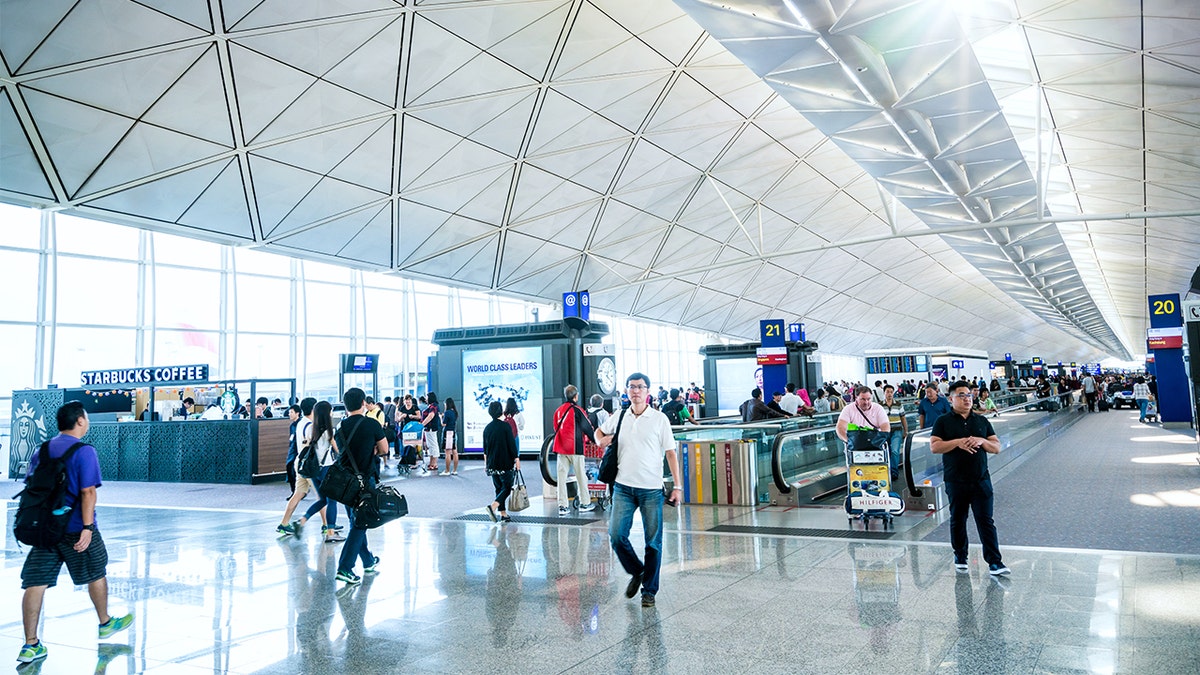
A Calming Perspective: Why Early Arrival Benefits Anxiety-Prone Travelers
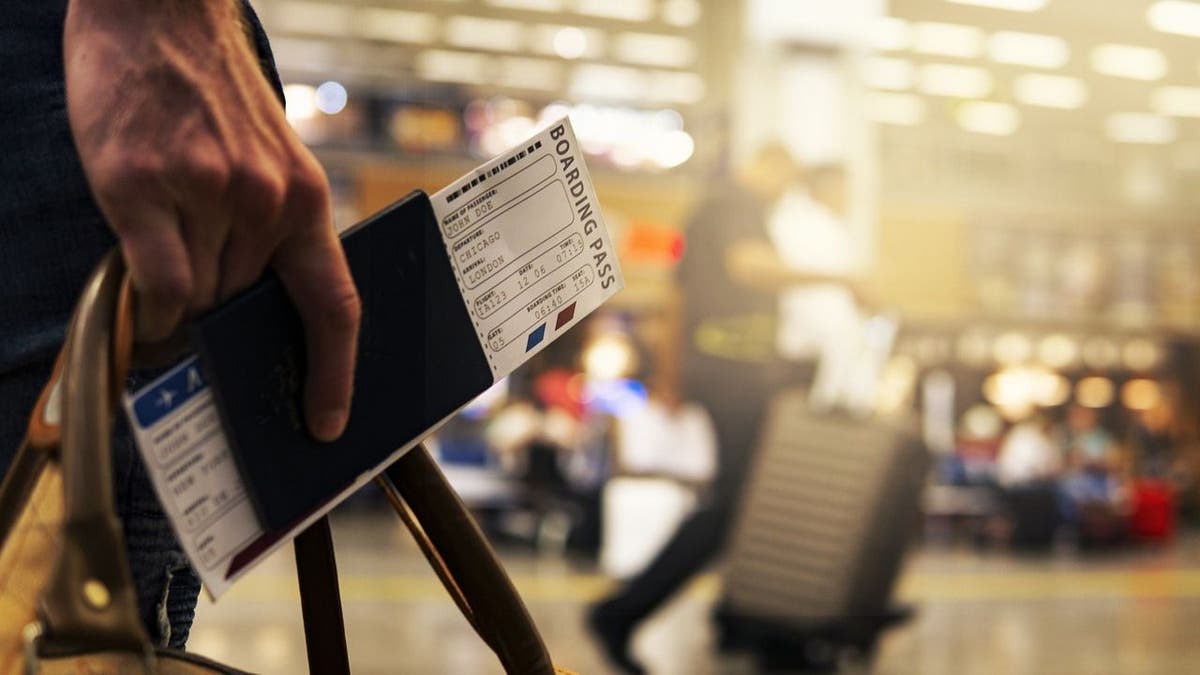
Traveling can expose individuals to weather issues, mechanical failures, crowded terminals, and flight changes, all of which can feed anxiety. MK Clarkin, an executive clinical director at LifeStance Health, notes, “We, as humans, crave control. The unpredictable elements of air travel strip away this sense of security, often escalating distress.” For anxious flyers, the instinct may lead to arriving excessively early at their gates. This behavior, though well-intentioned, can bring forth its problems.
Clarkin points out, “While this might seem like a foolproof plan to avoid missing your flight, it can lead to excessive rumination and discomfort as you count down the minutes.” Striking a balance between arrival time and gate over-attentiveness is key.
Taking Control: Manage What You Can
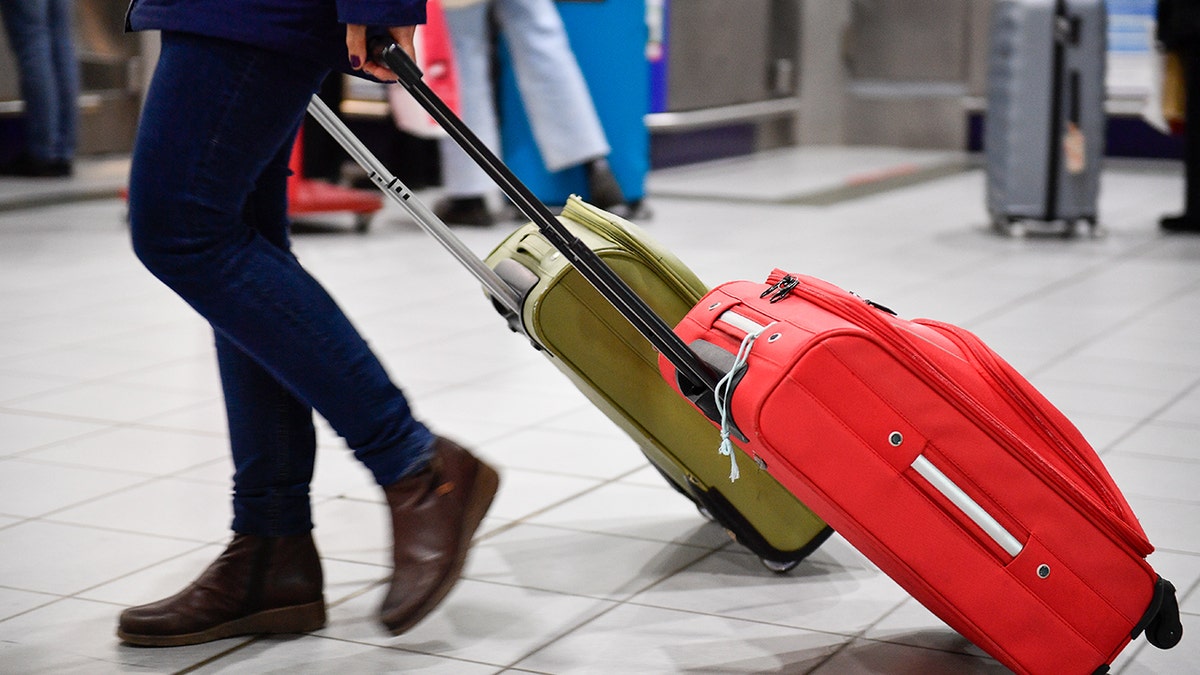
The mindset of “Control your controllables” can cultivate a healthier travel approach. Prioritize actions such as managing arrival times, checking in safely, and securing boarding passes. Clarkin emphasizes that planning around TSA’s arrival timeframe—around two or three hours before the flight—can enhance overall travel efficiency.
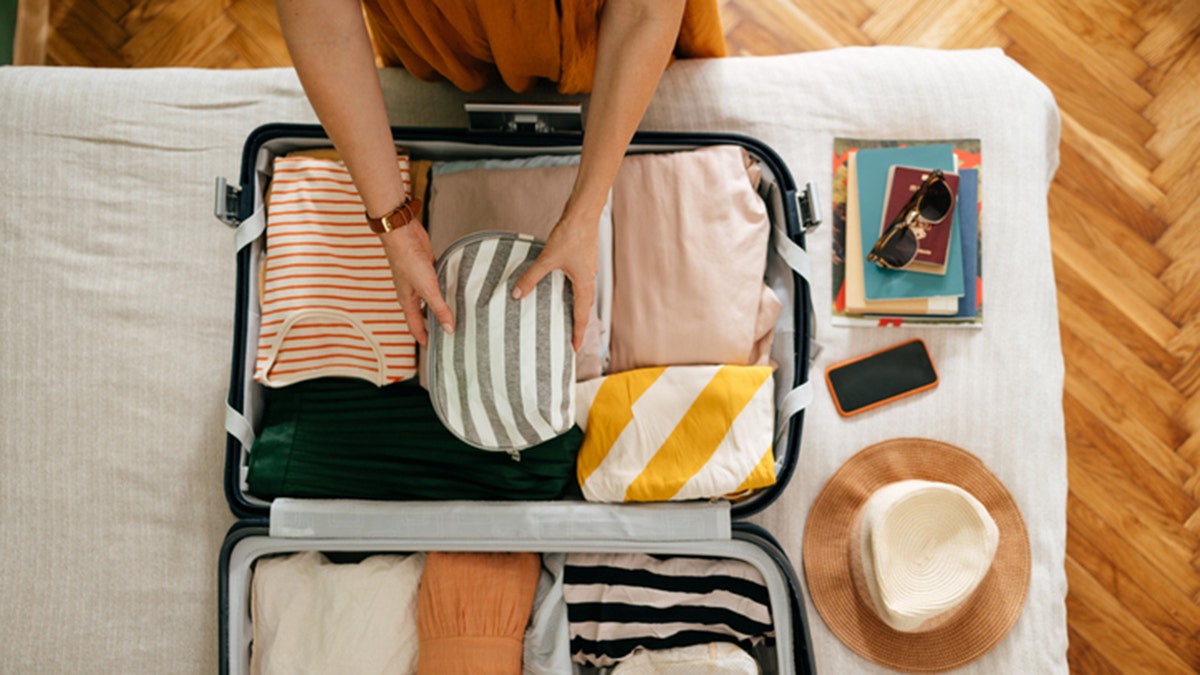
Another practical strategy involves creating a reliable packing list. An established list negates the anxiety of “What did I forget?” during each trip, contributing to a smoother travel experience.
Identifying Signs of ‘Gatexiety’
Understanding the indicators of “gatexiety” can help travelers manage their apprehensions better. According to Dr. Joseph McNamara from UF College of Medicine, certain behaviors can intensify the feeling of anxiety:
- Consulting with ticket agents repeatedly
- Inquiring about information from fellow travelers
- Monitoring gate information incessantly
- Checking one’s ticket excessively
Dr. McNamara recommends a streamlined approach: “Check your materials once, organize effectively, and sit near the gate for any flight updates.”
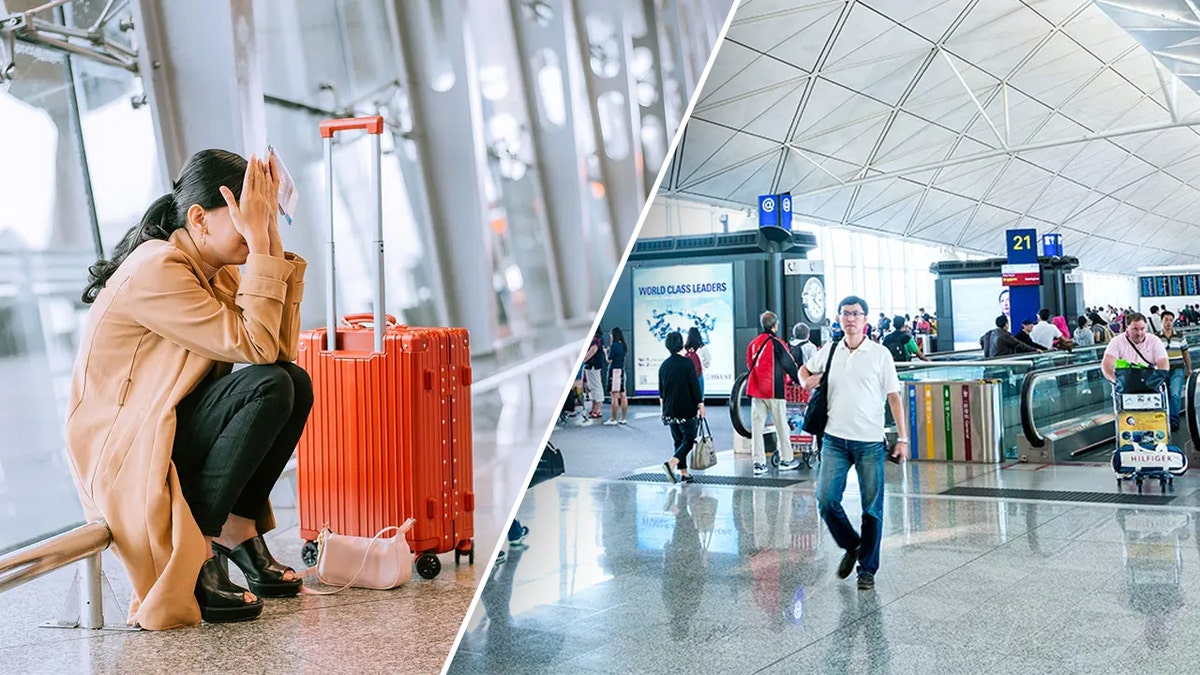
Deep breathing and positive affirmations can be remarkable tools against mounting anxiety. While alcohol may seem an easy way to ease travel tension, healthier choices—like drinking water—are better long-term strategies. Matthew A. Solit, another clinical director at LifeStance Health, suggests alternative coping mechanisms: download favorite shows, create uplifting playlists, or immerse oneself in a riveting book during downtime.
